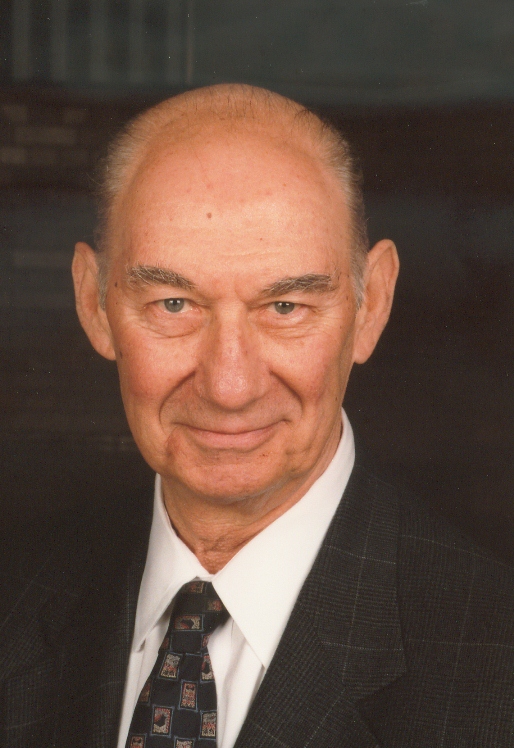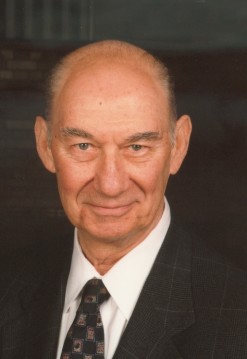Years ago, Paul Simon sang: “Who’ll be my role model, after my role model’s gone?”
My role model is gone.
Eugene B. Borowitz, who taught theology at Hebrew Union College-Jewish Institute of Religion for more than fifty years, died this past Friday at the age of not quite 92. (Read the remarkable eulogies by Rabbi Rachel Sabath Beit-Halachmi Rabbi Lawrence Hoffman.)
Even in his later years, his voice and mind had remained strong. Dr. Borowitz was the dean of contemporary Jewish religious thinkers. In fact, he invented the entire field of modern Jewish theology.
Borowitz was the most influential thinker in Reform Judaism. Borowitz first articulated contemporary Reform Judaism’s most daring idea: that a modern Judaism requires that the individual live in covenant with God, and yet be fully free to make his or her own religious decisions, based on knowledge and commitment.
I was not only his student at Hebrew Union College-Jewish Institute of Religion. I was the assistant editor on the Jewish intellectual journal that he founded, Sh’ma. He taught me to take words and ideas and writing with utmost gravity. And it was then that he told me, as he told so many others: “Call me Gene.”
He was the founding rabbi of The Community Synagogue in Port Washington, NY. When I was the rabbi there, I was his rabbi. He would frequently come to services and to Torah study, and he was always kind and gracious to everyone.
An Episcopalian colleague in Columbus, Ohio, Gene’s hometown, told me that they mentioned Gene at the altar this past Sunday.
I was touched, but not surprised. Just look at what Gene had to say — to all people of faith.
- Dr. Borowitz cared about other faiths. He was the first Jewish thinker to take Christology seriously and even sympathetically. He interpreted Buddhism. Gene Borowitz taught us: when you present the work of a great thinker, you begin by making the best possible case for what that thinker was saying. Then, and only then, can you start critiquing his or her thinking.
Because Gene took other thinkers and faiths so seriously, they returned the compliment. I had the joy of watching him interact with Christian thinkers and academics during a conference in Atlanta. It was powerful and uplifting to be in his presence during those few days.
- Dr. Borowitz was the first Jewish thinker to talk about sexuality. It was not not “how to,” but “why to” — a question that contemporary culture had systematically ignored. In fact, his book was required reading in Jewish religious schools that offered sex education (how many of them, or even Christian religious schools, do that nowadays?)
- Dr. Borowitz asked hard questions about being human.
Once upon a time, Dr. Borowitz taught, we had confidence in the power of Enlightenment thinking. We believed that reason alone would give us solid human values. We would figure out our ethical systems on our own — because we were reasonable people.
Not any more. The Holocaust and the horrors of the recent past remind us that there are serious limits to relativism.
Dr. Borowitz had no tolerance for cultural relativism. Like me, he would have wanted to vomit in response to: “Well, Hitler thought that he was right, so he was right, in a way…”
Or, even more common nowadays — that there is no difference between an Islamist terrorist and those who fight them.
Borowitz believed that those religionists who are seeking the ground of an ethics that cannot be relativized are the ones who are leading us all back to God.
- Dr. Borowitz taught about the ethics of speech.
Some years ago, in our community, Gene gave a lecture on God.
Someone raised his hand and asked: “How do you pronounce God’s Name?”
Gene noted that there were various theories about the pronunciation of the biblical YHWH — that the vowels had been irretrievably lost, leaving the pronunciation problematic.
The questioner persisted: “It’s spelled yud hay vav hay. If there are theories about how to pronounce the Name, why not just do so?”
Gene responded, in a typical Borowitzian manner: “Because we don’t have to say everything that we think we know.”
From a theological discussion, to the ethics of speech — that was Gene’s trajectory.
- Gene even cared about popular culture — with the course that he team-taught with Professor Wendy Zierler on “reel theology.” He studied Woody Allen’s “Crimes and Misdemeanors” as a sacred text, ripe for interpretation.
They said of the Hasidic master, the Maggid of Mezrich:
“He pushed us and pulled us. He asked us questions and listened to us. He waited until each one of us told him his own story about what it was like to go out of Egypt and to cross the Red Sea. And he waited until each one of us told him his own story of what it was like to stand at Mount Sinai and accept the Torah.”
That was Gene Borowitz.
I miss him already. There is no one in the Jewish world quite like him.
And the saddest part: we will not likely see his likes again.







